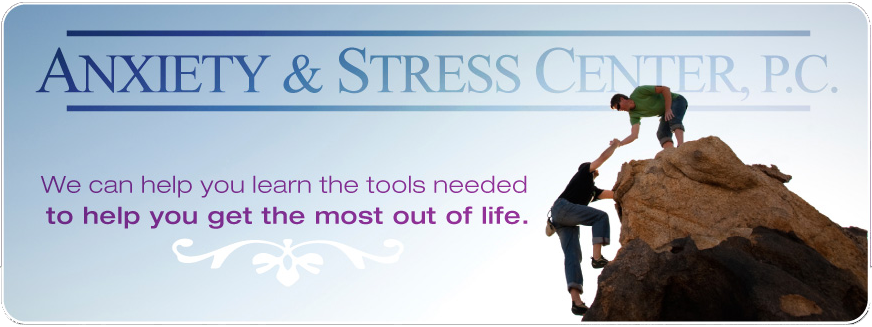Ways
to Handle Stress
We all experience
stress from time to time whether it is from our jobs or just things that are
going on in our daily lives. Stress is a state of mental tension that causes a
person to worry that can lead to the development of anxiety. Unfortunately,
some people are not able to handle stress. When stress is not handled
appropriately, it usually leads to very severe symptoms that interfere with
your life. These symptoms can become so debilitating that you may have to seek
professional help to manage it. I am usually able to relieve my stress by doing
various things that I enjoy. Here are some of my stress relievers:
1.
Meditation
This is an excellent way to clear your mind of all the stressful things you are
experiencing as well as thinking about.
2. Watching Television I
enjoy watching anything that will make me laugh or force me to think.
3. Listening to Music When
I am having a bad day or feeling stressed out, I usually listen to music from
my favorite artists, such as Mariah Carey and Minnie Riperton.
4. Talking to a Friend This is definitely a quick reliever of stress! Just make sure
you talk to a friend that is willing to listen and not judge.
5. Working Out/Exercising Although
I have not been in a gym in months, I do find this very helpful. I recommend
exercising regularly, which reduces stress tremendously.
6. Taking a Drive I
have found this one very useful over the years. I would usually drive around in
the car listening to music alone or with a friend.
Vashonte James, LCSW
